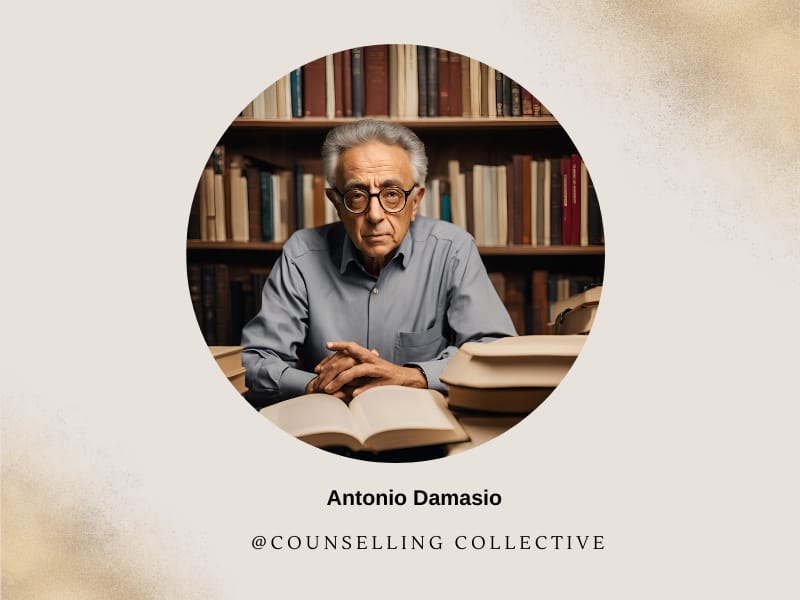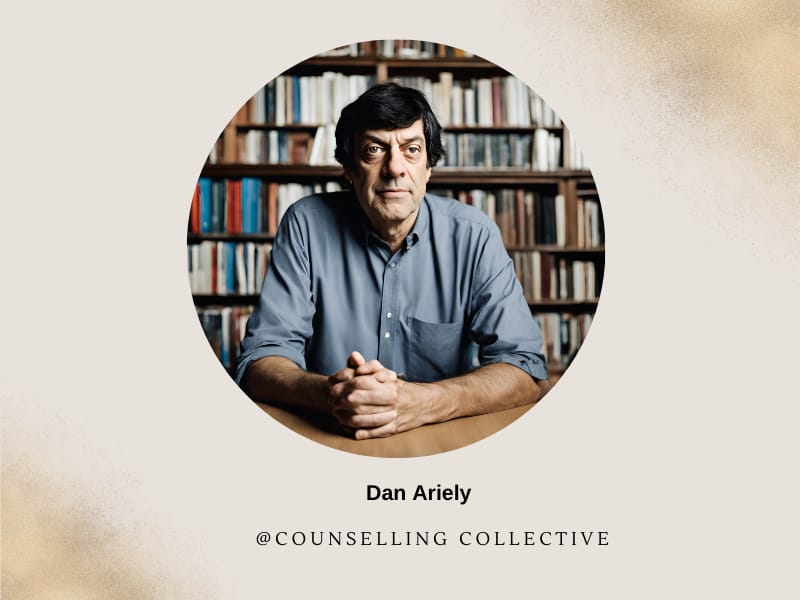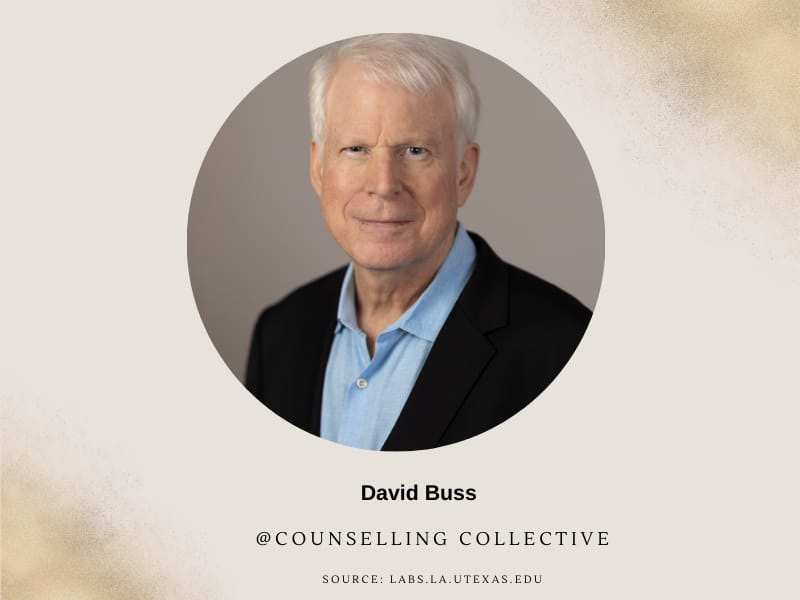Contents
Introduction
Jordan Peterson is a Canadian psychologist, professor, and public intellectual known for his work in clinical psychology and his critiques of political correctness and cultural norms. His teachings and writings have gained him a substantial following, as well as significant controversy. Peterson’s theories on personality, meaning, and societal structures have left a notable impact on both psychology and public discourse.

In this article, we will thoroughly discuss Jordan Peterson’s influential work in clinical psychology, his well-known critiques of political correctness, and the various controversies that have emerged surrounding his theories on personality, meaning, and societal structures. We will present these insights within five concise yet comprehensive points.
Early Life and Education
Jordan Bernt Peterson was born on June 12, 1962, in Edmonton, Alberta, Canada, and grew up in Fairview, a small town in the province. His father, Walter Peterson, was a schoolteacher, and his mother, Beverley Peterson, was a librarian. Growing up in a rural environment, Peterson developed a love for reading and learning from an early age. His parents’ professions influenced his intellectual pursuits, fostering an environment rich in literature and education.
Photograph: Rene Johnston/Toronto Star/Getty Images
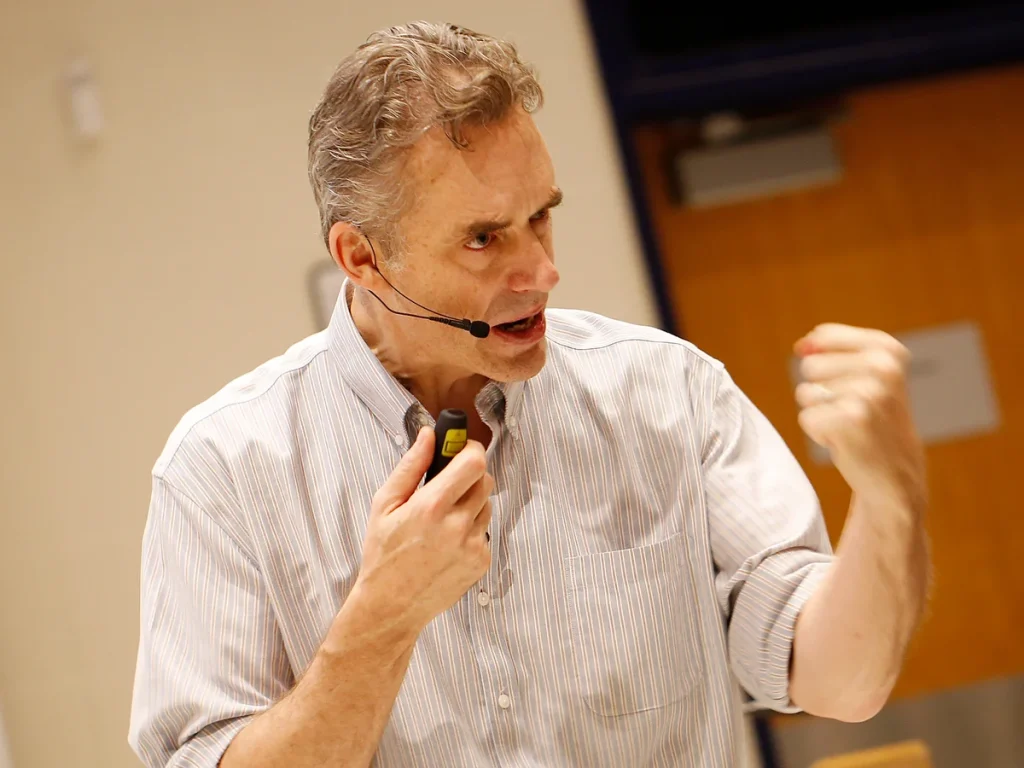
During his high school years, Peterson was actively involved in student politics, which sparked his interest in political science and philosophy. He attended Fairview High School, where he was known for his strong opinions and curiosity about the world. After graduating, he enrolled at Grande Prairie Regional College to study political science and English literature, before transferring to the University of Alberta.
Educational Journey
| Aspect | Details |
| Early Education | Peterson attended primary and secondary school in Fairview, Alberta. His early education was characterized by a strong emphasis on reading and learning. |
| University of Alberta | Peterson earned a Bachelor of Arts in Political Science from the University of Alberta in 1982. He later returned to earn another BA in Psychology in 1984. |
| McGill University | He pursued a Ph.D. in Clinical Psychology at McGill University, completing it in 1991. His dissertation focused on alcoholism and aggression. |
| Research | During his doctoral studies, Peterson conducted research on personality and mental health, which laid the foundation for his later work. |
Timeline of Early Influences
| Aspect | Details |
| Carl Jung | Peterson was deeply influenced by Jung’s ideas on archetypes, the collective unconscious, and the process of individuation. |
| Friedrich Nietzsche | Nietzsche’s exploration of existentialism and the concept of the “will to power” had a significant impact on Peterson’s understanding of human motivation. |
| Aleksandr Solzhenitsyn | Solzhenitsyn’s critique of totalitarianism and his emphasis on individual responsibility resonated with Peterson, shaping his views on political ideologies. |
| Sigmund Freud | Freud’s theories on the unconscious mind and psychoanalysis influenced Peterson’s clinical work and his interpretation of human behavior. |
Major Theories and Works

12 Rules for Life: An Antidote to Chaos
One of Peterson’s most significant contributions is his book, “12 Rules for Life: An Antidote to Chaos“ (2018). The book provides practical advice on how to live a meaningful life, grounded in psychology, philosophy, and religious traditions. Each chapter focuses on a specific rule, offering insights into human behavior and personal development.
- Actionable Guidance: Each of the 12 rules provides specific, practical advice for improving personal habits and fostering growth. The book offers actionable steps for creating order and meaning in everyday life.
- Psychological and Philosophical Insights: The rules are rooted in psychological theory and philosophical concepts, addressing the balance between order and chaos and offering strategies for emotional regulation and personal development.
Image Source: vocal.media

Maps of Meaning: The Architecture of Belief
“Maps of Meaning: The Architecture of Belief” (1999) is Peterson’s first major work. The book explores the structure of systems of belief and how they shape our perception of the world. It explores how individuals construct their understanding of the world and how these frameworks influence their actions and perceptions.
- Integration of Psychology and Mythology: The book integrates psychological theories with mythological narratives, exploring how ancient stories and symbols impact modern psychological processes.
- In-Depth Analysis of Belief Systems: Maps of Meaning examines the structure and function of belief systems, detailing how they shape our understanding of reality and guide our behavior. Peterson provides a comprehensive analysis of how beliefs influence individual and collective actions.
Image Source: jordanbpeterson.creator-spring.com

Personality and Its Transformations
Peterson’s research in clinical psychology has significantly contributed to the understanding of personality development and transformation. His studies often focus on the traits of extraversion and neuroticism, exploring how these personality dimensions influence behavior and mental health.
- Comprehensive Analysis of Personality: Peterson explores how personality forms, changes, and influences behavior, integrating theories from psychology to offer a thorough understanding of individual differences.
- Practical Implications for Personal Growth: Personality and Its Transformations provides practical advice for individuals seeking to understand and improve their own personalities. Peterson offers strategies for personal development and transformation, grounded in psychological research and theoretical insights.
Image Source: dailywire.com

The Psychology of Religion
Peterson has extensively discussed the psychological significance of religious stories and symbols. This work investigates the interplay between religious beliefs and psychological processes, offering insights into how religion shapes and is shaped by human psychology.
- Integration of Religious and Psychological Theories: Peterson integrates psychological theories with religious concepts to provide a comprehensive analysis of how religion intersects with human psychology. The book discusses the role of religious symbols, rituals, and narratives in shaping psychological experiences.
- Psychological Impact of Religion: The book examines how religious beliefs and practices influence psychological well-being and behavior. Peterson explores how religion can affect mental health, coping mechanisms, and personal development.
Image Source: Yui Yu Hoi / Getty Images

Political and Cultural Critique
Political and Cultural Critique
Peterson is well-known for his critiques of political correctness and identity politics. He argues that enforced speech and ideological conformity threaten individual freedoms and undermine the principles of Western civilization. He argues that:
- Threats to Individual Freedoms: Peterson contends that enforced speech regulations and ideological conformity infringe on personal freedoms. He believes that such constraints limit free expression and stifle open dialogue.
- Undermining Western Principles: He asserts that these ideological movements threaten the foundational principles of Western civilization, including individual rights, freedom of thought, and democratic discourse.
Image Source: Christina Animashaun/Vox
Psychologists Influenced by Peterson
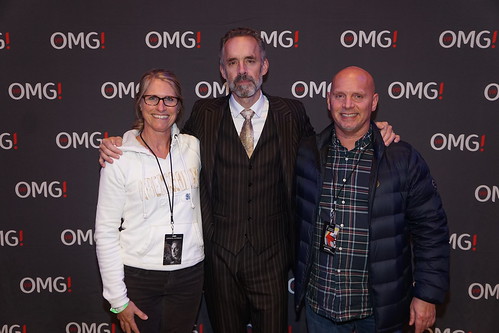
- Gad Saad – An evolutionary psychologist and author, Saad has been influenced by Peterson’s critique of political correctness and his emphasis on free speech and intellectual diversity (Saad, 2020).
- Jonathan Haidt – A social psychologist, Haidt shares Peterson’s interest in the psychological foundations of morality and the impact of political ideologies on society (Haidt, 2012).
- Bret Weinstein – An evolutionary biologist, Weinstein’s work on campus free speech and cultural criticism aligns with Peterson’s views on ideological conformity and academic freedom (Weinstein, 2018).
- Sam Harris – A neuroscientist and philosopher, Harris engages with Peterson on topics related to religion, ethics, and the nature of belief, reflecting mutual influences in their debates (Harris, 2014).
- Camille Paglia – A cultural critic and professor, Paglia has praised Peterson’s intellectual rigor and his critique of contemporary cultural trends, particularly in education and gender studies (Paglia, 2017).
Impact on Psychology
- Influence on Modern Thought: Peterson’s ideas have had a significant impact on various fields within psychology, including clinical psychology, personality psychology, and the psychology of religion. His work has also influenced public discourse on societal and cultural issues, resonating with a broad audience beyond academia.
- Contributions to Related Fields: Peterson’s interdisciplinary approach has extended his influence to areas such as sociology, political science, and education. His emphasis on personal responsibility and the importance of meaning-making has informed approaches in these fields, contributing to discussions on leadership, motivation, and ethical behavior.
- Controversies and Criticisms: Peterson’s outspoken views on political correctness, gender identity, and free speech have generated considerable controversy. Critics argue that his positions can be polarizing and that his interpretations of psychological and cultural phenomena sometimes lack empirical support. However, his supporters praise his courage in addressing contentious issues and his ability to articulate complex ideas in an accessible manner.
Legacy and Influence
- Long-Term Impact: Jordan Peterson’s legacy is still unfolding, but his contributions to psychology and public discourse have already left a lasting mark. His holistic approach to understanding human behavior and his emphasis on the interplay between individual psychology and societal structures continue to influence both academic and popular conversations. Peterson’s ability to synthesize complex ideas from psychology, philosophy, and religion has made him a unique and influential figure in contemporary thought. His emphasis on personal responsibility and meaning has resonated with many, prompting widespread discussions on these topics.
- Recognition and Honors: Peterson has received various accolades and recognition for his work, including a significant following on social media platforms and speaking engagements worldwide. His books have been translated into multiple languages, further expanding his reach and impact. He has also been a frequent guest on popular podcasts, television shows, and public debates, where his ideas have been both praised and scrutinized.
Conclusion
Jordan Peterson’s life and work have profoundly shaped both psychology and public discourse. His theories on personality, meaning, and societal structures offer valuable insights into human behavior and cultural dynamics. As we continue to explore and apply his ideas, Peterson’s legacy will likely endure, influencing future generations of thinkers and practitioners.
Bibliography
- [1] Adler, A. (1912). The Neurotic Character.
- [2] Adler, A. (1927). Understanding Human Nature.
- [3] Adler, A. (1924). The Practice and Theory of Individual Psychology.
- [4] Ansbacher, H. L., & Ansbacher, R. R. (1956). The Individual Psychology of Alfred Adler: A Systematic Presentation in Selections from His Writings. New York: Basic Books.
- [5] Frankl, V. E. (1963). Man’s Search for Meaning: An Introduction to Logotherapy. Boston: Beacon Press.
- [6] Haidt, J. (2012). The Righteous Mind: Why Good People Are Divided by Politics and Religion. New York: Vintage.
- [7] Harris, S. (2014). Waking Up: A Guide to Spirituality Without Religion. New York: Simon & Schuster.
- [8] Hoffman, E. (1994). The Drive for Self: Alfred Adler and the Founding of Individual Psychology. Addison-Wesley.
- [9] Horney, K. (1937). The Neurotic Personality of Our Time. New York: W.W. Norton & Company.
- [10] Maslow, A. H. (1954). Motivation and Personality. New York: Harper & Row.
- [11] May, R. (1983). The Discovery of Being: Writings in Existential Psychology. New York: W.W. Norton & Company.
- [12] Paglia, C. (2017). Free Women, Free Men: Sex, Gender, Feminism. New York: Pantheon.
- [13] Peterson, J. B. (1999). Maps of Meaning: The Architecture of Belief. New York: Routledge.
- [14] Rogers, C. R. (1961). On Becoming a Person: A Therapist’s View of Psychotherapy. Boston: Houghton Mifflin.

